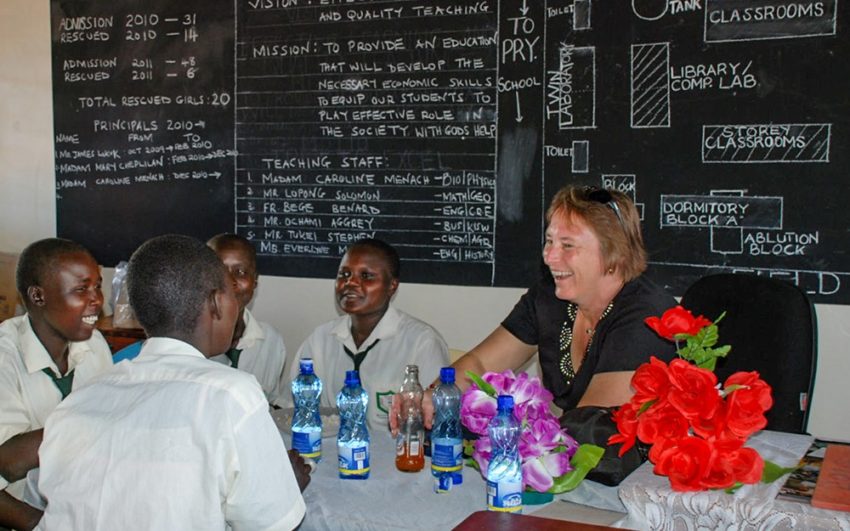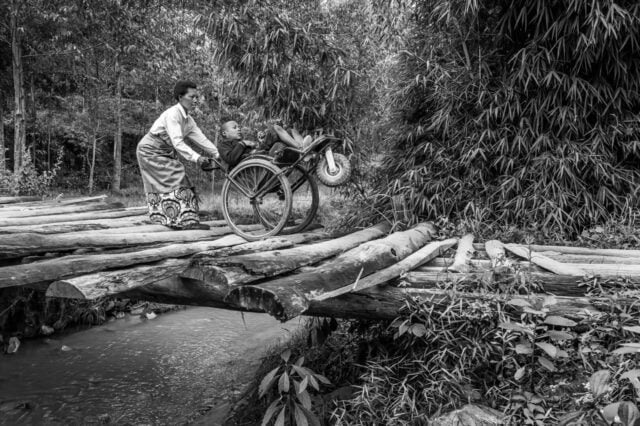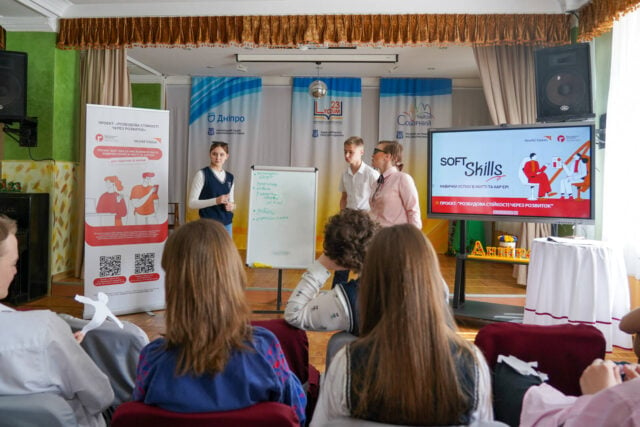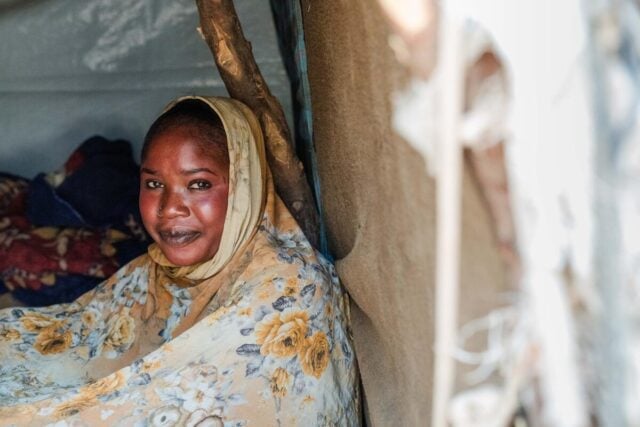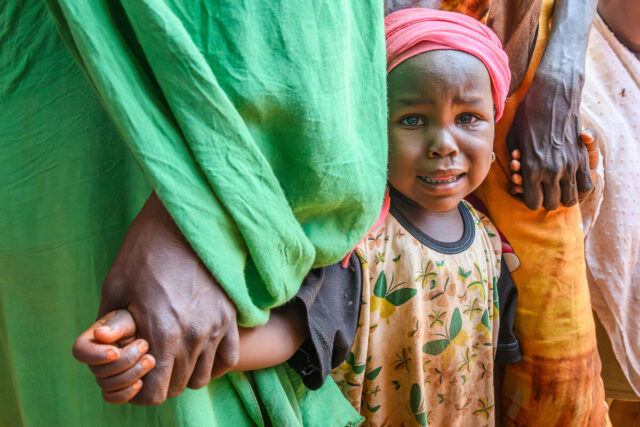“What you have is enough.” This simple phrase started me on a journey that would lead to the North Rift Valley of Kenya, where 34 special girls lived in a rescue center.
My journey started in 2009. I had been in turmoil for months, feeling a deep calling to step out in faith and be used to show God’s love in the world. But I couldn’t figure out how I was actually going to do that.
Then in May 2009, God said so clearly, “Five loaves and two fish: What you have is enough.” I was reminded of the miracle in John 6 when a boy offered all he had — five loaves and two fish — because people were hungry. The disciples were skeptical, asking, “What is this among so many?”
Here is a boy with five small barley loaves and two small fish, but how far will they go among so many?—John 6:9
But Jesus took the food, gave thanks, and handed it to his disciples to distribute among the people. They all ate and were filled. As I recalled this miracle, I immediately had peace. I knew that if I brought everything to God in childlike faith, it would be enough.
Three months later, I traveled to Kenya’s North Rift Valley to see World Vision’s work firsthand. On our first morning, I joined the World Vision team for devotions. The leader started by saying, “As I was praying last night about this devotion, God put on my heart the story of five loaves and two fish.” I burst into tears of gratitude, knowing this was confirmation that this place was where God was calling me to show his love.
A better life through education
On that trip, I visited the Morphus Rescue Center for girls, where I met 34 young girls, ages 8 to 12. They are part of the Pokot tribe, which practices female genital mutilation and child marriage. The girls at the center had either fled their homes or were rescued from abusive situations because they refused to be genitally mutilated or married too young. When I looked into their eyes, I saw two things: fierce determination for a better life through education and the longing to have someone validate that they are valued and loved.
While these girls could complete primary school at the center, without access to a secondary school their prospects remained bleak. I knew in my soul that God wanted these girls to know he had heard their prayers, knew each girl uniquely, loved each deeply — and through this situation he would show his love.
Back in the U.S., I shared these girls’ yearning for education beyond primary school. Others joined me in raising the funds to build St. Elizabeth Girls Secondary School. The school has four classrooms, a dormitory, sciences and computer labs, and other necessary facilities. When the school was commissioned, I was privileged to experience the girls’ deep joy born of tangible hope for a better life.
Investing in girls
Today, 165 girls attend the secondary school — and this number is continuing to grow. Their parents chose not to marry their girls early. Foregoing the traditional dowry, they are investing in their daughters’ future by paying tuition.
Educational facilities for girls are powerful, giving families an alternative to the centuries-old practice of child marriage and the pregnancies that result before a girl’s body is ready to bear a child. What’s more, World Vision is embarking on the Kenya Child Protection and Education program, which aims to transform the lives of 17,000 children in five areas of the North Rift Valley.
What has transpired is nothing short of a miracle — one that God is multiplying, just as he multiplied the five loaves and two fish so many years ago.
Margo Day is a Microsoft vice president who recently took a yearlong sabbatical to partner with World Vision in addressing education for girls and child protection in Kenya’s North Rift Valley.
